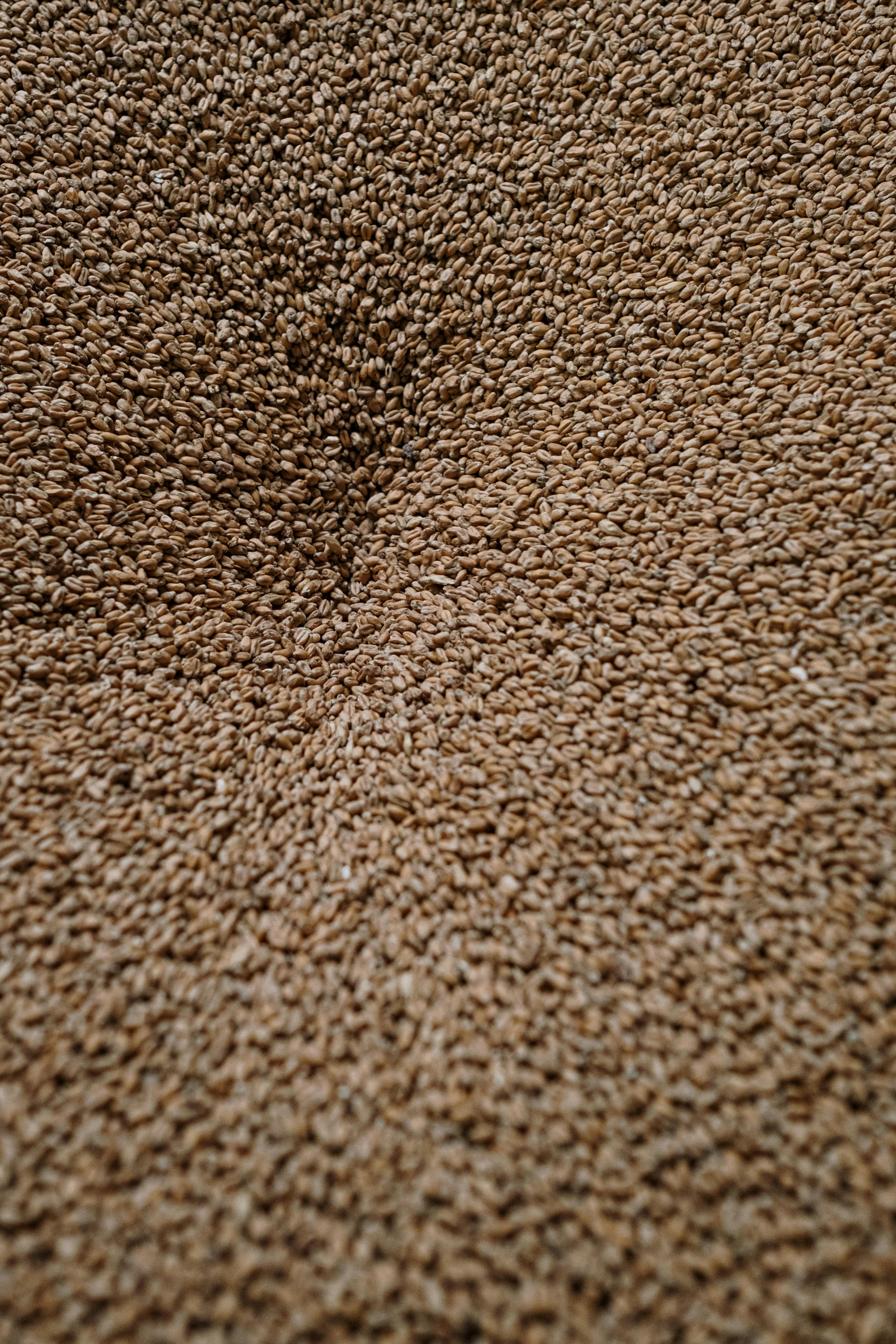
Effective Ways to Optimize Your Travis Kelce Diet in 2025
The diet of Travis Kelce, a remarkable athlete known for his outstanding performance in the NFL, is tailored to meet the unique demands of his sport. This article delves deeply into the Travis Kelce diet plan, featuring essential components that cater to the nutritional requirements of athletes. An optimized diet is crucial for enhancing performance, maintaining energy levels, and fueling recovery, especially for high-performance athletes like Kelce.
Implementing a healthy diet for athletes not only improves physical performance but also supports overall well-being. This piece aims to provide you with meal prep ideas reminiscent of the foods Travis Kelce eats, along with nutritional tips that will help you thrive. Our discussion will span balanced diet tips, hydration strategies, pre-game and post-workout meals, and more to assist you in optimizing your health regimen.
By the end of this article, you will have insights into meal planning specifically designed for athletes, learn about effective snacks, and discover how to choose the right foods to attain peak performance. Together, let's explore the dietary habits that contribute to Kelce's success on and off the field!
Understanding the Components of the Travis Kelce Nutrition Plan
To effectively emulate the Travis Kelce nutrition approach, one must grasp its core components. The diet is crafted to boost performance through an elaborate balance of macronutrients, focusing significantly on protein sources for athletes, healthy fats, and complex carbohydrates.
Protein Sources for Athletes
The role of protein in the diet cannot be overstated. Athletes like Kelce require ample protein intake for muscle recovery and maintenance. Common protein sources that fit well into his diet include chicken, turkey, fish, lean beef, and plant-based proteins such as quinoa and lentils.
In addition to supporting muscle growth, these protein sources help in managing muscle mass and overall weight, making them essential for any diet for optimal performance. Incorporating protein-rich snacks post-workout can also enhance muscle recovery and reduce soreness.
Healthy Fats in the Diet
Contrary to popular belief, fats are a necessary component of a healthy athlete diet. Travis emphasizes healthy fats found in avocados, nuts, and olive oil. These fats offer essential fatty acids that are crucial for hormone production and cell regeneration.
By including healthy fats in your daily meals, you can maintain energy levels over extended periods during competitions and training. It's vital to distinguish between healthy and unhealthy fats to avoid compromising performance.
Carbs for Athletic Energy
Carbohydrates are vital for athletes, particularly in high-energy sports like football. Kelce's diet often includes low-carb meals tailored around the training schedule and game days. Whole grains, fruits, and vegetables serve as excellent carb sources that help maintain glycogen stores, critical for sustained performance.
Choosing the right time for carb intake, particularly pre and post-workout, can maximize energy levels and enhance recovery. Athletes should focus on complex carbohydrates for the lasting energy they provide.
Meal Timing and Frequency for Athletes
Meal timing and frequency play an essential role in athlete performance and recovery. Adopting the right strategies can significantly improve energy levels and efficiency during workouts and games.
Meal Frequency Insights
For athletes, dividing meals into smaller, frequent portions can help maintain energy levels throughout the day. Kelce's approach often involves five to six meals daily, ensuring consistent protein and carb intake for optimal body function and energy.
This method helps in preserving muscle mass and managing weight. By preventing drastic fluctuations in energy, it safeguards against fatigue and enhances performance.
Pre-Game Nutrition Strategies
Pre-game nutrition is key to fueling athletic performance. Meals before a game should be rich in carbohydrates while moderating fat and protein intake to avoid sluggishness. Foods like oatmeal, bananas, and chicken with rice are typical options.
Timing is equally important; consuming these meals 2-3 hours before game time allows adequate digestion and energy release, optimizing performance when it matters most.
Post-Workout Recovery Meals
Recovery is crucial for any athlete, demanding proper nutrition immediately after workouts. Travis often includes protein shakes, fruit smoothies, or whole foods like grilled salmon with sweet potatoes for replenishing lost nutrients and supporting muscle repair.
In addition to protein, including a mix of carbohydrates post-exercise aids in glycogen replenishment, setting athletes up for subsequent training sessions.
Hydration Strategies for Optimal Performance
Hydration is an often-overlooked aspect of an athlete’s diet. It is vital for performance and recovery, with clear influences on strength, endurance, and overall health.
Hydration Tips for Football Players
Kelce’s hydration strategies include drinking water consistently throughout the day, along with electrolyte-rich beverages to sustain hydration levels during intense physical exertion. Proper hydration helps prevent fatigue, muscle cramps, and overheating during games.
Understanding individual hydration needs, influenced by factors like body weight, activity level, and environmental conditions, can lead to better performance outcomes.
Caloric Needs for Athletes
Understanding your calorie needs is essential for optimizing the athlete's dietary requirements. Kelce’s caloric intake adjusts according to training phases, with increased needs during rigorous training and game weeks. Adequate calorie intake is critical for maintaining energy and supporting lean muscle mass.
A tailored meal plan that reflects your exercise schedule can help in reaching specific performance goals.
From focusing on protein to integrating healthy fats and monitoring hydration, these practices pave the way for athletes looking to enhance their diet and overall performance effectively. Following the principles demonstrated by Kelce can lead to improved athletic outcomes.
```